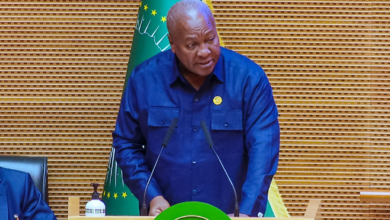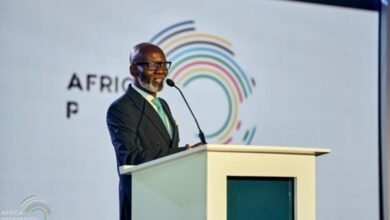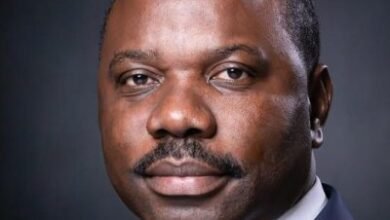Tribune :Africa facing the Myth of Sisyphus in 2022
News about the COVID-19 have been predominant across the world since November 2019. Humanity, who celebrated the advent of the New Year with fervor, hopes to overcome this threat with the vaccine that many conspiracy theorists present as the perfect neoliberal potion.
By Adama Wade*
Though Africa is relatively spared by the pandemic, it remains socially and economically the area most impacted by the virus. As proof, in the 2020 recession, the first in 25 years, the sub-Saharan part should see a 3.7% growth in 2021, according to the October report of the IMF, below the world average estimated at 6% in 2021 and 4.9% in 2022.
The trend in SSA (Sub-Saharan Africa) should be 3.8% in 2022, still below the world average. This is a break in the long logic of income convergence observed between 2003 and 2020 between Africa, the emerging world as a whole and the developed countries.
Real GDP in the Middle East and North Africa (MENA) region is expected to grow by 4.1 percent in 2021 and 2022 after contracting by 3.2 percent in 2020. The MENA region is projected to experience high inflation driven by rising food and energy prices.
« Reversing logics of convergence between North and South means rising income gaps and marginalization»
Thus, the two African regions, rigorously distinct in the IMF reports (the African Union has its work cut out for it), are facing the same challenges, albeit at different levels of development and coverage.
The inversion of the logics of convergence between the North and the South means rising income gaps and marginalization. The models of commodity exporting economies have shown their limits. Since independence, the 54 African countries have been reproducing the myth of Sisyphus with a combination of growth and recession cycles that always bring them back to the beginning. The Rock always returns to the foot of the mountain.
The recovery depends less on the price of raw materials than on vaccination campaigns. With barely 3% of people having received two doses, the southern shore of the Sahara will need much more time to achieve collective immunity. This is true, even if, it must be said, a certain anomaly, which is « probably irrational » but « real » in view of the statistics, makes that the resistance of sub-Saharans in the tropics to this virus is sufficiently established to deserve investigation and scientific literature.
« While the rest of the world is expected to return to pre-crisis growth by 2023, Africa will have to grow twice as fast to catch up »
While the rest of the world is expected to return to pre-crisis growth by 2023, Africa will have to grow twice as fast to catch up. These efforts must be made, moreover, in a context of exploding public debt. Africa, which lacks the power of money printing with controlled inflation, is dependent on its foreign exchange reserves and should therefore follow disciplinary measures without which programs with the IMF and international partners may not be renewed.
In addition, the continent faces vulnerability to imported inflation due to its dependence on food, coupled with vulnerability to climate change. The other major challenge is security, with the Sahel diagonal (Sahelistan?) and the destabilization of Ethiopia, a country that was thought to be forever out of the infernal cycle of famines and civil wars.
« Faced with so many obstacles, African integration is the most sustainable and comprehensive response to economic and social challenges »
Faced with so many obstacles, we believe that African integration is the most sustainable and comprehensive response to economic and social challenges.
The AfCFTA applied immediately would free the continent from its food import bill (50 billion dollars) and give it the not inconsiderable power of money printing if it had a federal treasury. However, we are far from this integration, given the nationalistic and individualistic temptations that can push some leaders to play the narrow card of “every man for himself.”
* Adama Wade is publishing director of Financial Afrik






